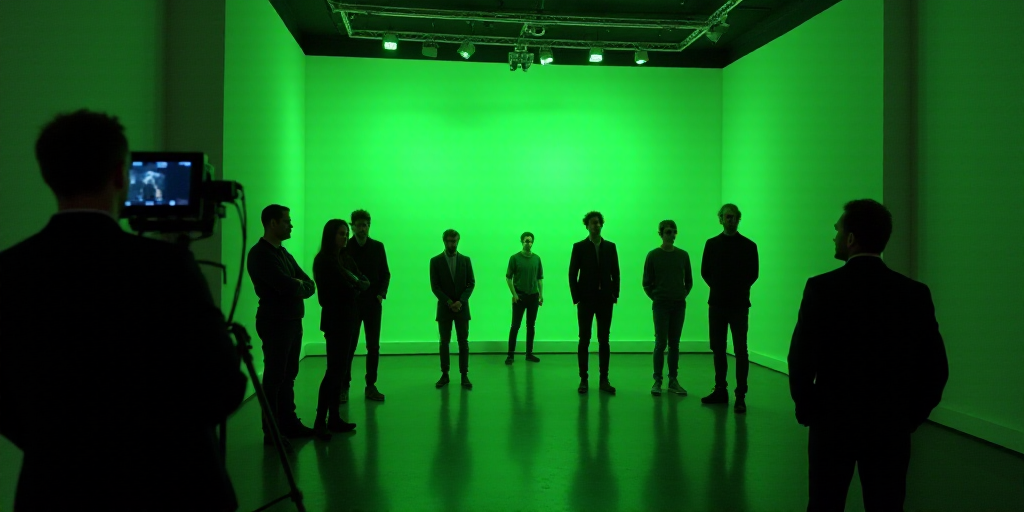Background on Key Figures and Relevance
President Donald Trump, known for his protectionist policies, has announced a 100% tariff on foreign-produced films, intending to rein in Hollywood and penalize movies made outside the United States. This move has sparked uncertainty among Latin American filmmakers, who are waiting cautiously to understand its potential impact.
Uncertainty and Lack of Clarity
Axel Kuschevatzky, an acclaimed Argentine producer, highlighted the lack of clarity regarding the proposed tariffs. “The rules aren’t clear because, for instance, tariffs are applied to goods, not services. And audiovisual production is a service,” Kuschevatzky told AFP.
Marianna Souza, president of the Brazilian Association of Audiovisual Production, echoed these concerns. “We don’t know if this tax will only apply to films shown in theaters or if it’ll also affect productions streamed online,” Souza said.
Latin American Filmmaking Advantages
Colombia, for example, has become an attractive filming destination due to favorable audiovisual regulations. The country’s low production and filming costs have lured international producers, including Netflix, which has been responsible for numerous Colombian productions.
“Netflix, Amazon, HBO, and other streaming platforms are increasingly producing films and series in Colombia because it’s cheaper than doing so in the U.S.,” explained Gustavo Suárez, a film professor at the University of Valle.
Around 60-70% of Colombian production and filming rely on these international services, Suárez noted.
Impact on Smaller Latin American Countries
In smaller countries like Guatemala, U.S. filmmakers’ presence significantly impacts the local job market. Pamela Guinea, a prominent Guatemalan film producer, warns that if the tariffs are implemented, there will be fewer international productions and job opportunities for Guatemalans.
Mexico’s Silence
Mexico, a significant player in Latin American audiovisual production, remains silent. Both Canacine (private film industry association) and IMCINE (state film institute) have not commented on the matter.
Complex Definition of “American Films”
Kuschevatzky pointed out the complexity of defining “American films.” He questioned whether it refers to funding, intellectual property ownership, or filming location.
Mexico City’s mayor, Claudia Sheinbaum, agreed. “How can such a global issue as digital platforms be regulated?” she asked during her morning press conference.
“It’s more complicated,” Sheinbaum emphasized, given the diverse ways films are produced today.
Next Steps
Following Trump’s directive to the Department of Commerce to “immediately” start the process for a 100% tariff on foreign-produced films, Secretary Howard Lutnick confirmed they were working on it. This news caused a drop in stocks for studios like Netflix, Disney, and Paramount.






